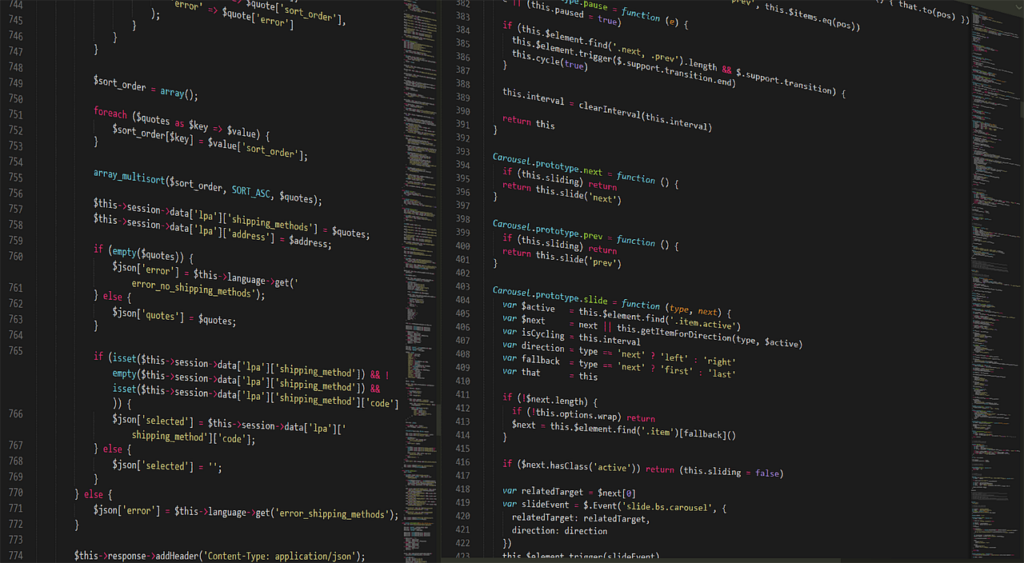18556062096 and Robocall Tactics
Most robocall systems are designed to waste your time—or worse, gather your data. The call from 18556062096 might start with a recording that sounds official or urgent. Some use scare tactics about missed bills or legal threats. That sense of urgency? It’s a trap.
Here’s how those tactics usually work: Fear play: “You owe money” or “You’re part of a legal investigation.” Greed bait: “You’ve won a prize” or “Get this exclusive loan now.” Curiosity hooks: “We have important information about your account.”
They rely on emotional reactions—don’t give in.
What Is 18556062096?
Like many mysterious numbers, 18556062096 operates in a gray area. Some people report it as a robocall, others say it connects to a customer service line. A few even claim it’s linked to credit institutions or marketing campaigns.
That’s part of the confusion. These days, it’s easy for call centers to mask their actual number or spoof a legitimatelooking one. So that call you just ignored? It might be a real person—or a scam.
Best rule of thumb? Don’t panic, but don’t answer blindly either.
The Rise of Suspicious Calls
Scam and spam calls have skyrocketed over the last five years. The FCC estimated billions of robocalls are made monthly in the U.S. alone. Numbers like 18556062096 become more concerning because they blend in—nothing strange about a tollfree number, right?
That’s why people share their experiences online. It helps crowdsource credibility. A quick web search of 18556062096 shows a mix of reviews: some benign, others alertlevel red.
In general, if a number calls multiple times without leaving a clear message or details, it’s best to treat it with caution.
How To Handle Unknown Calls
Here’s a quick, nofuss checklist when an unknown number hits your screen:
- Don’t answer unless you’re expecting a call from a tollfree number.
- Google the number immediately after the call. Often, user forums and complaint boards have quick info.
- Block and report numbers that seem suspicious or repetitive.
- Use call screening features on your mobile device or through your telecom provider.
- Avoid sharing personal information if you do pick up.
Treat it like a pop quiz—always stay alert, even when it’s just your ringtone.
When It Could Be Legit
Not all unsolicited calls are scams. Government agencies, banks, and businesses sometimes use autodialers to send reminders or alerts. So how do you tell the difference?
Clues it might be real: You recently interacted with a service or business that uses tollfree numbers. The voicemail contains verifiable info (your name, account details you recognize). You get a followup email or message confirming the call details.
When in doubt, hang up and call the official number listed on that company’s website, not the one from your missed call list.
How To Protect Yourself
Let’s get tactical. Here’s what you can actively do to cut down these calls:
Register your number with the National Do Not Call Registry. Use spam filtering apps like Hiya or RoboKiller. Enable call blocking settings built into iOS or Android. Report shady numbers to your carrier or the FTC.
None of these erase the problem, but they knock down the worst offenders.
Also, recheck your digital privacy hygiene. If your number floats around in marketing lists, expect more unwanted calls over time. Limit how often you share your number online—especially in contest forms, newsletters, and quick signups.
Final Thought on 18556062096
Bottom line: Treat numbers like 18556062096 with scrutiny. With scams evolving daily, staying informed is half the battle.
If it’s important, they’ll leave a message. If it’s legit, you’ll likely get an email or text backup. Stay skeptical, stay aware—and when in doubt, just don’t pick up.




